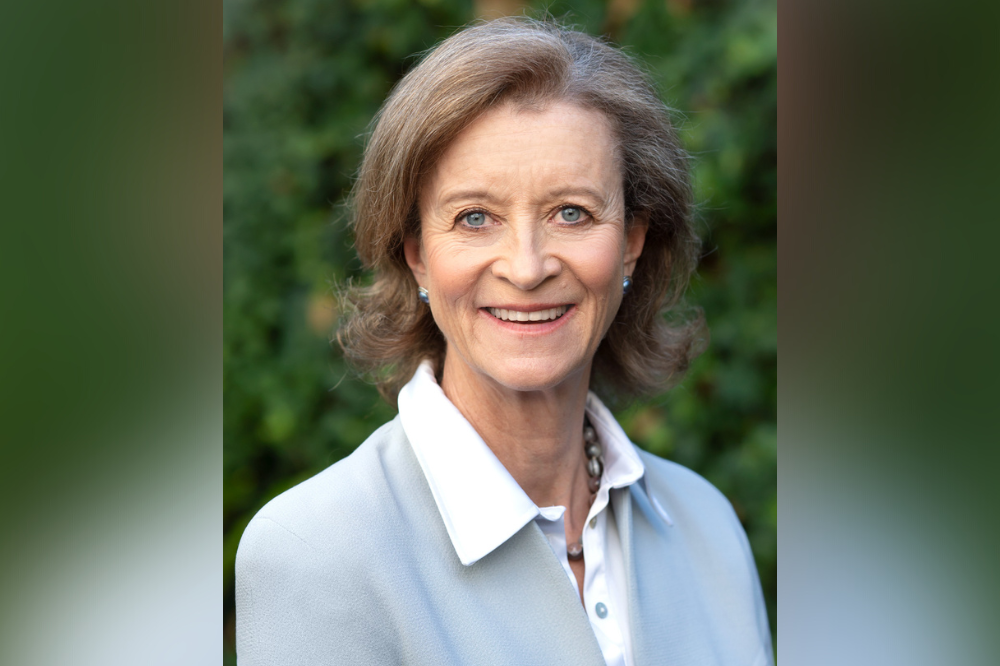
Earlier this week, The Educator sat down with outgoing Methodist Ladies College principal, Diana Vernon, to talk about the pillars of management best practice, striking a healthy work/life balance, and building a high-performing team.
In this edition, The Educator speaks to Vernon specifically about her approach to student mental health and wellbeing, which reports show has taken a turn for the worst in recent years.
Below, Vernon discusses her strategies for improving student wellness, the increasingly complex issue of excessive screentime, and the ways in which MLC is keeping its students and staff healthy and happy in 2022.
TE: Reports show the mental health and wellbeing of Australian young people has taken a hit since the pandemic and wasn’t great even before the lockdowns. What strategies have you used to keep young people happy, connected and engaged over the last two years?
Wellbeing is integral to learning. MLC has always put the wellbeing of students and staff first, and this became of even greater importance throughout the pandemic. Over the last two years, in response to staff, student and parent feedback (which we sought throughout), we introduced a new online timetable – to provide everyone with valuable breaks between classes to ensure they could enjoy off-screen time and head outside for some fresh air.
Staff and students were creative in their approaches and found new ways to connect with each other and deliver co-curricular programs online, alongside classes. As a college, we introduced new programs and increased one-on-one staff/student engagement to support and build student wellbeing throughout times of disruption and isolation. We expanded our counselling team and devoted additional wellbeing staff to support our students. We coupled all of this with an increased focus on staff wellbeing. These approaches have been essential to our success and have carried on into this year.
We are incredibly proud of our resilient students who rose to the challenge, pursuing their goals, seeking new opportunities and continuing to engage in their learning. Of course, without MLC’s exceptional staff, this wouldn’t have been possible; they demonstrated true 21st-century skills of creativity, collaboration and ultimate professionalism as they continued to hone their craft of teaching through a very different medium and to engage and encourage our students to thrive, even during the most challenging of circumstances.
TE: Young people are spending more time online than ever. Meanwhile, a growing body of research shows that excessive screentime can reduce young people’s cognitive abilities and increase the likelihood of depression, anxiety and a sedentary lifestyle. Do you think enough principals are taking this issue seriously? And how are you addressing this issue in your school?
The pandemic forced many people to be isolated from one another with no way to physically interact outside of the use of technology. We have all had to balance the need for humans, as social animals, to engage, alongside keeping a check on the amount of screen time we use. As I have shared, at MLC, we took conscious decisions to enable all our staff and students to have breaks from screen time each day, during which we encouraged everyone to step outside and enjoy the fresh air.
Now, with schools back open and sporting groups in full swing, it is more important than ever for school leaders to encourage their students to be more physically active.
There are so many benefits to exercise, both mental and physical, including the improved learning capabilities that come from teenagers hitting their one-hour activity goals each day. We have had a fantastic uptake in our sporting offerings already, yet this year we wanted to ensure we were offering a wider range of physical activities that could meet the needs of all students regardless of their skill level.
Our recently developed health and fitness program (improved as a result of student feedback) runs outside of school hours and provides students with access to non-traditional school sporting activities including spin, yoga, Pilates, group strength and conditioning, and general fitness. So far, we are seeing over 350 students participating per week, which is an amazing result.
TE: The health and wellbeing of school staff and leaders is another pressing issue taking its toll on the profession. What are some ways in which MLC is keeping its teachers and leaders healthy both mentally and physically in 2022?
We recognise that teacher wellbeing is just as important both inside and outside the classroom, as it is for students. This is why we are as committed to keeping our teachers healthy both physically and mentally as we are our pupils.
At MLC, we have a range of mental health support services such as employee assistance programs, as well as fitness and social programs ranging from Pilates and Yoga to team focussed activities that promote collaboration and wellbeing.
Our new staff are supported by dedicated buddies, and we have a VIT mentoring system in place across the school. Mentoring sessions happen throughout the day to ensure there is no added pressure on staff to do this outside of hours. It is small things like this that sets graduates up to be develop their skills to become excellent teachers.
We also know the world of work is changing and we aim to empower flexibility as much as possible. At MLC, for many years, teachers have been able to work from home when they have no classes or college commitments, giving them more time to manage their day, to be with their families or do things they enjoy. We have recently revised our Flexible Working Policy, to enable staff who do not have student-facing roles and direct duty of care responsibilities, to consider working from home for a period of time each week – if that suits them.
At MLC, we continue to prioritise our staff wellbeing, in order to ensure that we can continue to place an emphasis on student wellbeing, to best support their learning.


